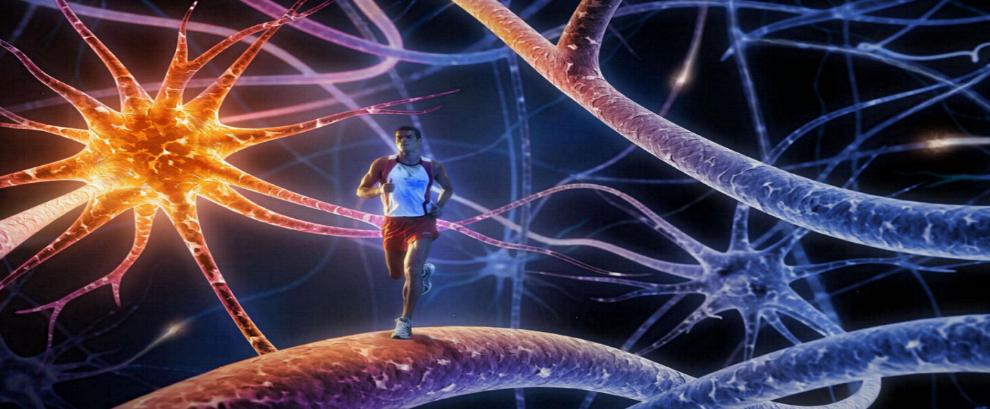
Heart failure is a leading cause of death worldwide and is especially deadly for people who don’t have access to medical facilities. A team of researchers aims to bring heart failure screening from the lab to the home with a point-of-care electrochemical biosensor prototype that measures levels of two biomarkers for heart failure in as little as 15 minutes from just a drop of saliva.
Trey Pittman, a graduate student at Colorado State University, will present his team’s research at the fall meeting of the American Chemical Society (ACS).
“Our device would be ideal for people who are at high risk for heart failure but have limited access to a ...
Read More














Recent Comments